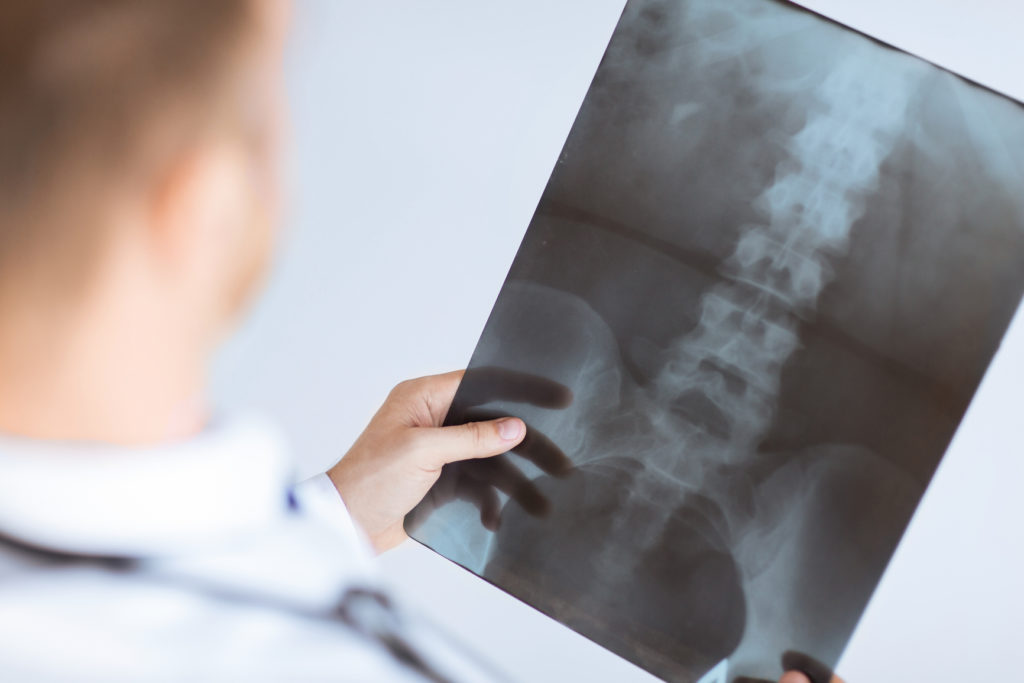If you suffer from a physical disability, taking care of yourself can be hard. For some, it is impossible. Throw a child or two into the mix and you have got yourself a strenuous feat — care for yourself and your children while physically disabled. You refuse to allow your disability to stop you from raising your children, yet you are facing divorce and the inevitable custody battle soon to proceed has you worried about the future of your children. The Americans with Disabilities Act prohibits discrimination against the disabled for work they can perform. However, the court may believe — and your ex-spouse’s lawyer will likely argue — that your disability prevents you from providing the proper care that your children need to live a healthy lifestyle.

Unfortunately, there is a pervasive stigma against parents with disabilities. Often times disabled parents seeking custody in a divorce are surprised at the level of bias they experience by the system. The good news is that this stigma is slowly receding, and the supreme court ruled — over 30 years ago — that physical disability should not be a primary factor in determining custody. In 1979, a father of two lost custody of his two children to the mother after he sustained an injury that rendered him paralyzed. She argued that the nature of his relationship to his children had changed due to his disability, and the district court agreed. The father appealed this decision and eventually the case made it to the supreme court. To the delight of the father and disabled parents everywhere, the supreme court overturned the lower court’s decision. The supreme court ruled that to emphasize only the physical act of parenting fails to envisage the nature of parenthood, namely, the “ethical, emotional, and intellectual guidance” offered to children by their parents.
The ruling in this case does not mean, however, that physical disability cannot be a factor in determining custody. Rather, it emphasized rulings based on conduct, not conjecture, meaning that the court has to prove that the parent is unfit due to the disability; it cannot simply assume so. The father in this case had a new wife who assisted him on the physical side, made more money than the mother, and had more time. If it weren’t for his disability, the custody would not have been in question.
If you have recently suffered an injury that may set obstacles in your custody battle,. personal injury lawyers in Baltimore will help you receive the finances you need to cover your medical bills and rehabilitation needs which may help you receive custody of your children. If you are disabled, it is important to do everything in your power to increase your viability as a parent in the eyes of the court system. Contact a personal injury lawyer in Baltimore today for a free case evaluation.
